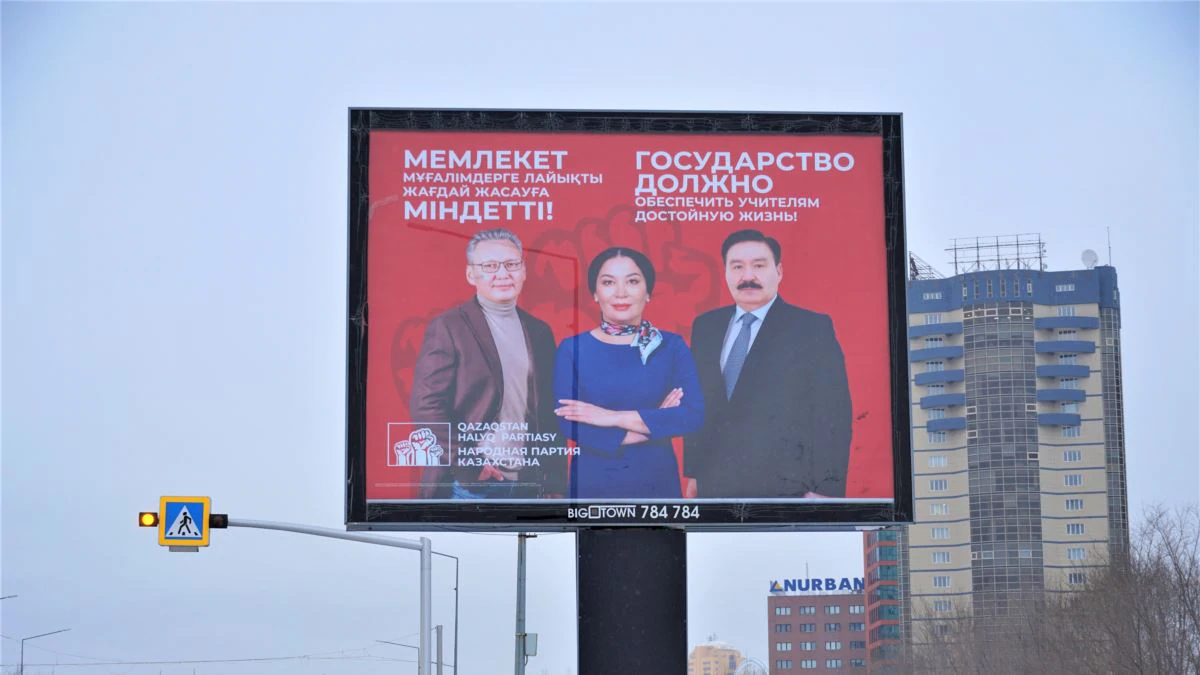
On January 10, Kazakhstan will hold its first parliamentary elections since the country’s longtime president, Nursultan Nazarbaev, stepped down in March 2019.
Nazarbaev remains the head of the Nur-Otan party, which is expected to do well in these elections to the Mazhilis, the lower house of parliament, as it always has since its founding in 1999.
Conspicuously absent from these elections are any political parties that could remotely be called a genuine opposition, despite a pledge from the new president, Qasym-Zhomart Toqaev, about the need for opposition parties to participate in politics.
Political activists are reporting increased harassment in the weeks leading up to elections.
And a new report from RFE/RL’s Kazakh Service, known locally as Azattyq, casts new light on the vast wealth former President Nazarbaev and members of his family have acquired outside Kazakhstan.
On this week’s Majlis Podcast, RFE/RL’s media-relations manager for South and Central Asia, Muhammad Tahir, moderates a discussion on Kazakhstan’s approaching parliamentary elections and what has changed and what looks the same under a different president.
This week’s guests are: from Kazakhstan, Darkhan Umirbekov, Azattyq’s digital editor, who also participated in preparing the report on the Nazarbaev family wealth; Sofya du Boulay, who is researching the study of legitimation, authoritarian durability, and politics in Central Asia and the South Caucasus at Oxford Brookes University; Luca Anceschi, professor of Central Asian studies at Glasgow University and author of the recently published book Analysing Kazakhstan’s Foreign Policy: Regime Neo-Eurasianism In The Nazarbaev era; and Bruce Pannier, the author of the Qishloq Ovozi blog.
Listen to the podcast above or subscribe to the Majlis on iTunes or on Google Podcasts.
This post was originally published on Radio Free.